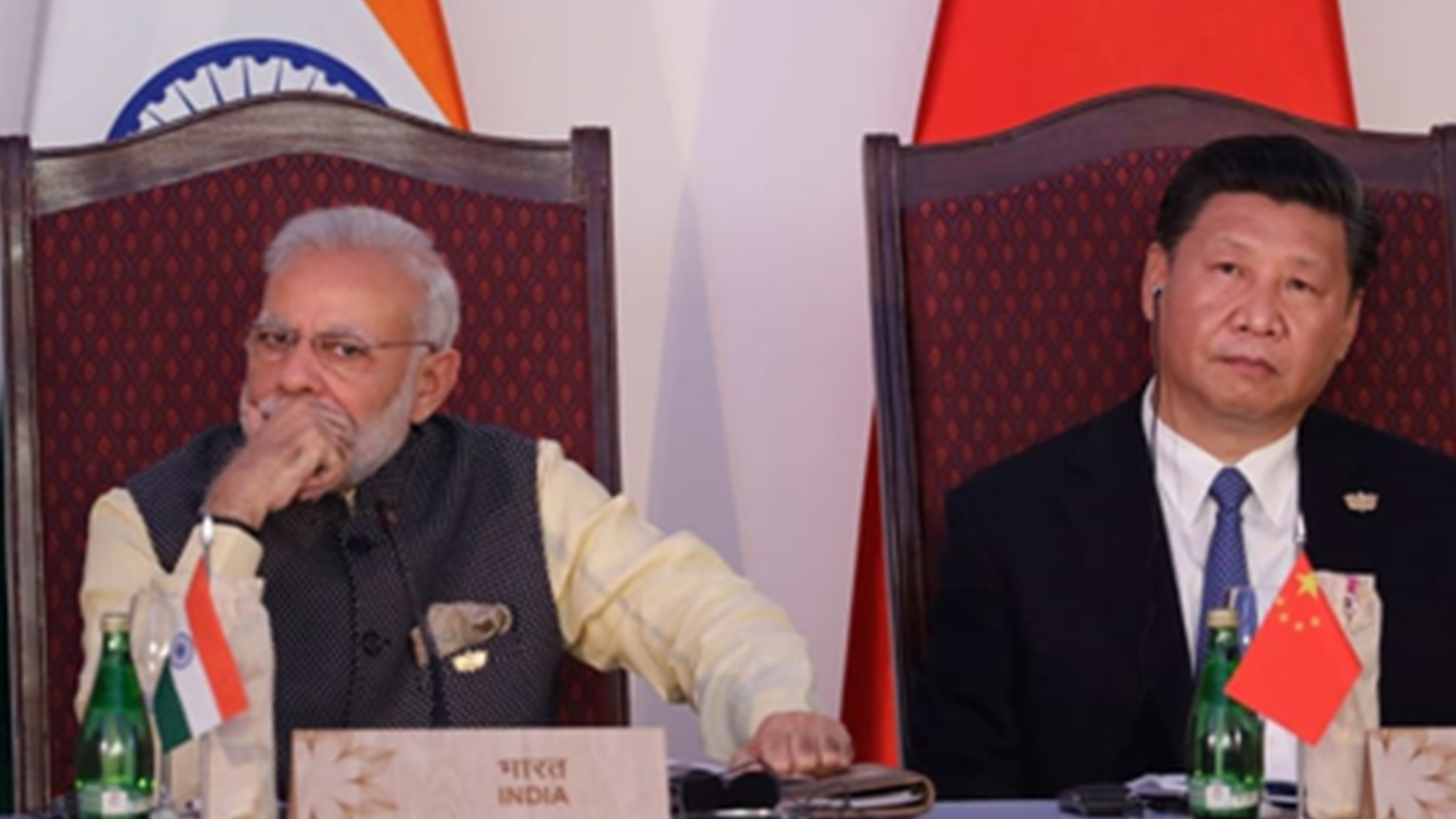4 years ago

China on Thursday warned India against any move for “forced decoupling” of the two economies in the wake of the military stand-off along the disputed boundary between the two nations.
“The development of economic and trade cooperation between our two countries is determined by international division of labour.
It is also the natural choice of enterprises and consumers of our two countries under the market-oriented principles,” Sun Weidong, China’s ambassador to India, said. “The forced decoupling of the Chinese and Indian economies is against the trend and will only lead to a “lose-lose” outcome.” He was speaking at a webinar hosted by the Institute of Chinese Studies in New Delhi.
The comment by Beijing’s envoy to New Delhi came even as Prime Minister Narendra Modi’s government is contemplating more economic measures against China, in response to the Communist country’s aggressive move to unilaterally alter the status quo along its disputed boundary with India.
Sun said that the economies of India and China were “interwoven and interdependent”. “According to local statistics in India, in 2018-2019, 92 per cent of Indian computers, 82 per cent of TVs, 80 per cent of optical fibres, and 85 per cent of motorcycle components are imported from China,” he said, adding: “Countless examples like this are the reflection of globalization.
Globalization has deepened the interconnection between countries into the capillaries.” “Whether you want it or not, the trend is difficult to reverse. Both China and India have been deeply embedded in the global industrial chain and supply chain.”
New Delhi on June 29 banned 59 apps linked to China, alleging that they were used in activities “prejudicial to sovereignty and integrity of India, defence of India, security of state and public order”.
The banned apps included TikTok and WeChat, owned respectively by ByteDance Limited and Tencent Holdings Limited of China. The government on Tuesday banned use of 47 more apps – mostly the clones and the different versions of the previously banned ones.
New Delhi is also planning more economic offensives against China, with its security agencies identifying the Communist country's companies, which have past or continuing links with the People’s Liberation Army (PLA) and are operating in India.
The companies identified so far for having links with the Chinese PLA include Alibaba Group Holding Limited, Tencent Holdings Limited, Huawei Technologies Company Limited and the SAIC Motor Corporation Limited.
The stand-off between the Indian Army and the Chinese People’s Liberation Army in eastern Ladakh also prompted many in India to suggest that the Prime Minister Narendra Modi’s Government should review the country’s “One-China” policy by elevating relations with Taiwan, by more overtly supporting Dalai Lama and the exiled Tibetans’ struggle against China’s rule over Tibet, by speaking up against the Xi Jinping regime’s atrocities on Uighurs in Xinjiang and crackdown on pro-democracy activists in Hong Kong and by more strongly opposing the Communist country’s expansionist moves in South China Sea.
Beijing’s envoy to New Delhi, said on Thursday that he was worried over such arguments in India. “I want to point out emphatically that Taiwan, Hong Kong, Xinjiang, and Xizang affairs are totally China’s internal affairs and bear on China’s sovereignty and security,” said Sun, adding: “While China does not interfere in other country’s domestic affairs, it allows no external interference and never trades its core interests either”.